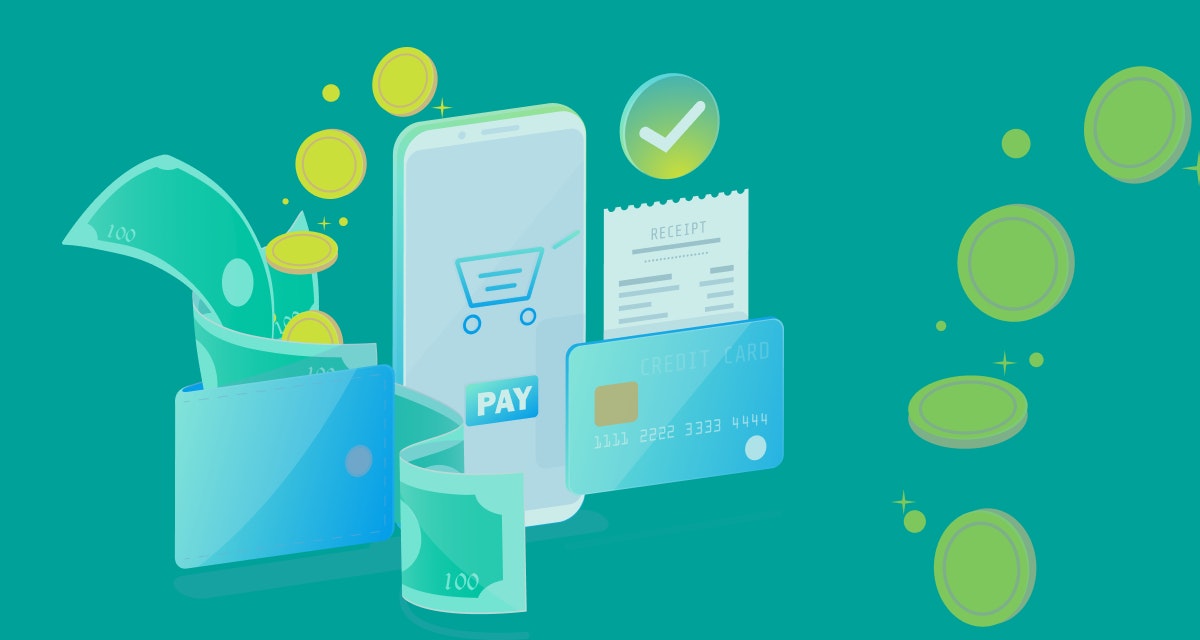The entire world is going through a tremendous digital transformation due to the advent of revolutionary technologies. People are getting used to with the web, mobile, IoT, Wireless, and other smart devices to automate and simplify their tasks and eventually their life too.
NFC (Near Field Communication) is the advanced technology that has received more attention by media since it has proved its potential for creative marketing and mobile payments. Considering the increasing popularity and usage of NFC tags, smartphone manufacturers have started producing the mobile devices that support the NFC technology. Here you can have the answers to your what, how and where questions related to NFC tags and technology.
What Is NFC?
Enjoy the instant access to varying information related to various services, products, people and landmarks using the power of NFC. Well, it’s not something like rocket science. It’s one of the wireless radio communication technologies like Wi-Fi and Bluetooth. This technology was already there, but it was not able to gain enough response from the market and users.
NFC technology enables users to set up phone-to-phone communication to store and transform information. NFC supported devices can work for you as a contactless payment system, social networking, and promotional platform.
NFC tags are one of the essential parts of this technology. It allows users to transfer the data within a maximum range of about 4cm. Due to narrow ranges, NFC tags are largely used for the promotion of versatile products, services or items.
How Do NFC Tags Work?
NFS tags are small units that contain embedded chips within them. The NFC tags allow users to get connected with smartphones and transfer the data and instructions on them. Sometimes, it refers as smart tags. If we talk about the functionality of NFC tags, they are a bit similar to smartphones. The only difference is it offers one-way communication that is from the tag to the receiving device.
Moreover, NFC tags are passive devices that operate without a power supply. To process anything, they rely on active devices like smartphones. Basically, NFC tags can’t really do any processes of their own. They simply transfer the data or information to a nearby active device.
Electromagnetic induction is used to generate power and create a current in NFC tags. To inject power into NFC tags, coils of wire can be used to produce electromagnetic waves that can be picked up or turned back into current by a coil of wire. It’s a common tactic that is used for almost all wireless charging technologies.
Active devices are responsible for producing a magnetic field in NFC tags. A simple coil of wire generates magnetic field perpendicular to the flow of the altering current in the wire. The strength of magnetic field relies on the number of turns in the wire coil or increasing the current flowing through the wire. To produce more current, excessive energy and the high power requisites are required that would not be suitable for battery powered mobile technologies. This is the reason NFC operates within a limited geographical range.
The passive devices work in a similar way but in reverse order. When the passive device is in the range of active device’s magnetic field, the electrons in the receiving coil of wire starts producing a current that matches with the transmitting smartphone. Of course, some power loss is always there through the air, but the current generated is enough to give power to the circuitry in the NFC tags.
Real-time Implementations of Smart NFC Tags
Home
Set NFC tag at the entrance of your home that enables you to turn off and turn on your Wi-Fi, Bluetooth or ringer volume.
Gym
Play your workout special music using the tags. All you need to do is stick your tag in your sports bag, turn on flight mode, and launch your workout playlist. Using “toggle,” you can follow the reverse process by tapping on the tag again while you have done with your workout.
Workplace
Put a tag on your office desk that allows you to turn off the sound of your smartphone or set it in vibrate mode, turn on your Wi-Fi, etc. Using another tag, you can drop a message to your partner that you are leaving the office and will reach home soon.
Car
If your car is having advanced amenities of Bluetooth connection and radio or headset, the NFC tag allows you to turn on your Bluetooth, so your smartphone directly gets connected with your radio or headset and plays your favourite music.
5 Best NFC Apps
1. NFC Tools and NFC Tasks
NFC tools let you read, write and program the task not only on NFC tags but also other RFID compatible chips. It offers exclusive features like profile management. NFC Tools is an intuitive and simple app that record standard information on the tags that is compatible with all NFC devices.
NFC Tasks is an additional application of NFC Tools. You can record the task in NFC Tools and execute them on NFC Tasks. Execution of NFC Tasks needs a lot of privileges than the simple use of NFC on a smartphone.
2. NFC TagWriter by NXP
Store your Bluetooth Handover, SMS, emails, bookmarks, contacts, geolocation, text messages, and much more on NFC-enabled tags using the advanced competencies of NFC TagWriter by NXP. Once you are done with the data storing, the mobile application development is done in such a way that it permits you to read and view the programmed data that includes various alternatives to launch applications automatically based on the contained data. The app supports a wide range of configuration options so that users can select suitable ones as per their needs and presence.
3. Smart NFC
Automate your tasks using NFC. Smart NFC is an easy, fully loaded and best NFC app you have ever used. The app has an amazing UI and UX that simplify the reading, writing, and detection of NFC related tasks. NFC tags also help in promoting and advertising your product. To automate the tasks, you all need to do is open an URL at tap of the phone, change your phone setting when you keep the phone on the desk, open the app, generate tasks, and manage the Wi-Fi network effectively.
4. Trigger – Task Launcher
Trigger holds the exceptional capability of interacting with your surroundings in order to configure the settings of your phone automatically. Utilizing triggers and actions, you can generate tasks. Later on, you can activate the task, and the task will perform the actions as per your pre-defined conditions.
With Trigger Task Launcher, you can perform various tasks such as changing the volume and notification tone of your smartphone, sending messages using email, Twitter, SMS or Glympse, setting the alarm, creating an event calendar, and much more.
5. Samsung TacTiles
Reading and writing of tasks become quite easy using the Samsung TecTiles application. The app allows you to write a task in order to share a contact, send a message, change a device setting, make a call, open an application, and much more. You can run the task by holding back your device over TacTiles tag. Moreover, to run the tasks more easily, set the TacTile tag in a convenient place.
Try this new concept to promote your business using latest technologies and impress your customers. Intuz is one of the leading mobile app development company across the globe that is always eager to explore and adopt latest tools and technologies in order to deliver the highly dynamic and next generation mobile apps to the clients.
Image Credit: Tantransha | Cochinoman




